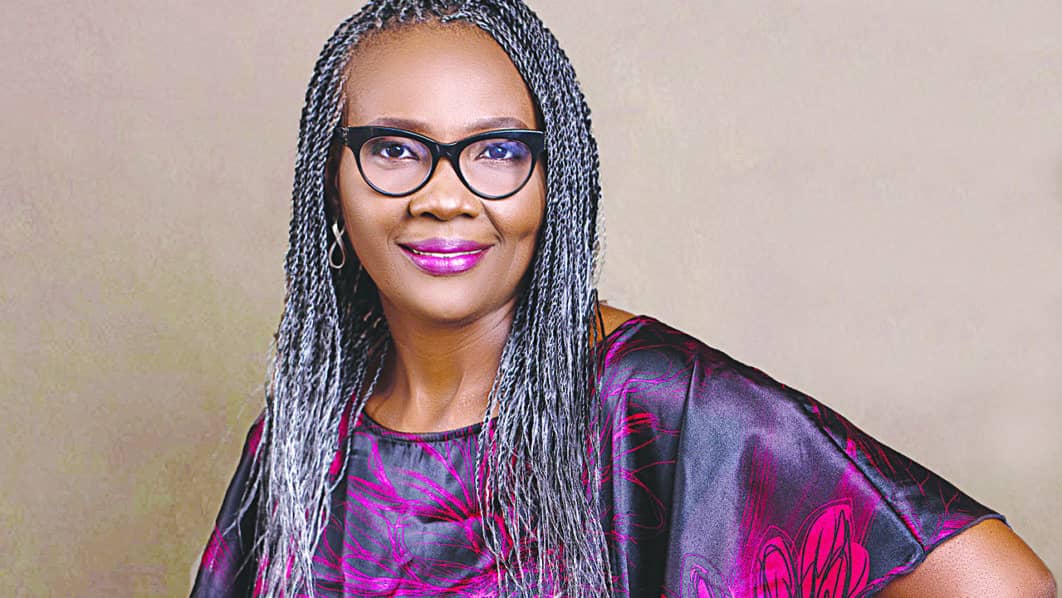
The President of African Widows Summit, Mrs. Hope Nwakwesi, has appealed to governments across African countries to include widows in their policy, economy, education, health and housing plans. She made the call at a meeting in Lekki, Lagos State, recently.
“Widows have to be part of government planning and allocation and should be included in the women department, starting from the African Union. Widows should be included in decision-making and planning so that they can be captured and their problems captured. It should not be left for charity, which will lead to further disenfranchisement and exploitation,” she said.
Stressing on the theme of the meeting, ‘Women in Widowhood: Reforming the African Space’, Nwakwesi said: “A widow is not a beggar or victim. She needs support from the government. What we are trying to do is to change the narratives of widows by giving them value, and that value has to start with the government.
“It is no longer acceptable that widows should be addressed from the angle of charity through NGOs.” She emphasised that the governments have to factor widows their policy, education, health, economic, and housing plans. Nwakwesi noted that making decisions about widows in their absence was no longer sustainable.
“As the saying goes, he who wears the shoe knows where it pinches. So, it is imperative that widows who experience such challenges as marginalisation, ostracisation, exclusion and denial of their basic human rights, must be part of decision-making at all levels, to ensure their perspectives are captured and implemented,” she added.
Nwakwesi noted that the definition of a widow is fast changing in the global space, so Africans have to come up with their own definition of who a widow is.
She noted that in Africa, a widow is traditionally a woman whose husband is dead but the new Western agenda says a woman can become a widow through the death of her husband, separation, divorce, incapacitation, etc.
“The denial of land inheritance with no definite inclusion of widows in planning, allocation and implementation emerges as a crucial factor in perpetuating widows’ vulnerability. Definition and inclusion of widows in government departments with policies and allocations, progressive and comprehensive land rights and replication of best practices will play a pivotal role in breaking the cycle of poverty for widows and improving not only their lives but also those of their families and communities.
“When widows have secure land rights, spending on children’s education, land production and household nutrition increases, addressing deeply gendered issues such as climate change, food security and global health,” she said. Among vital issues discussed were the outcomes of the African Widows Summit, held in Zanzibar Tanzania last month.
According to Nwakwesi, most African countries, including Nigeria, have no data for widows, and that should be the starting point for any meaningful progress to occur.
At the end of the Zanzibar Summit, African countries were advised to look inward to generate data. Citing the example of Western economies, she said they have a pension scheme for the widows because they have the data.
Also present at the meeting were Mrs. Bukola Adebayo, Correspondent, Thomson Reuters Foundation/Volunteer at Africa Widows Summit, TAWS; Ms. Faith Audu and Mrs. Tara Aisida, Legal Adviser, TAWS.






